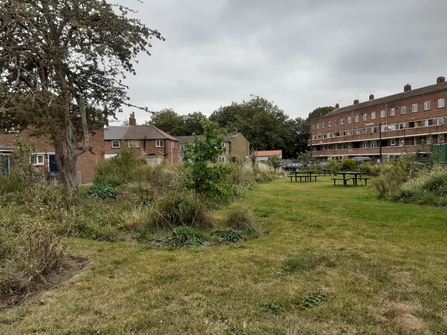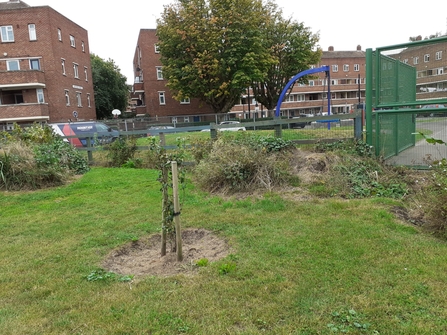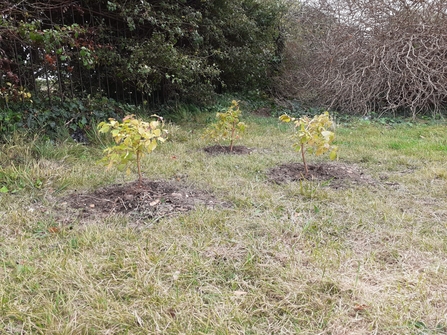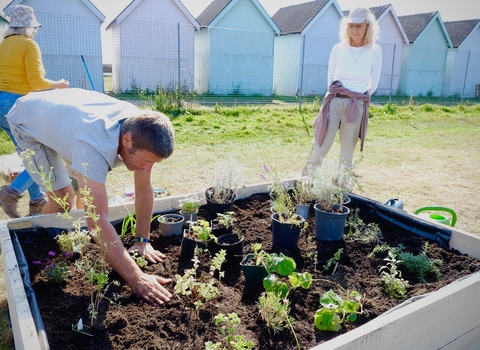The way in which we see our cities is outdated. Cities are defined by their large populations and their densely packed housing. They’re renowned for their commercial centres and the development of technological advancements. Cities are efficient in transporting goods and services because of the high concentration of consumers and are often praised for their potential in tackling climate change. However, the concentration of people and buildings also contributes to some of the highest levels of pollution, the creation of urban heat islands, and high stresses on resources. Cities are also at very high risk from the impacts of climate change, especially since they’re often situated near rivers or oceans.
With more than half of the world’s population now living in cities, it is imperative that we change how we define our cities. Our cities should not be separated from nature; we should be working with nature to both reduce our carbon footprints and increase our resilience to change.
In Portsmouth, the Wildlife Trust is supporting community groups and individuals to make more space for nature and create a #WilderPortsmouth as part of the Team Wilder movement. But way before this hashtag ever started, Charles Dickens Community Orchard was already working on transforming the city of Portsmouth into an orchard.





